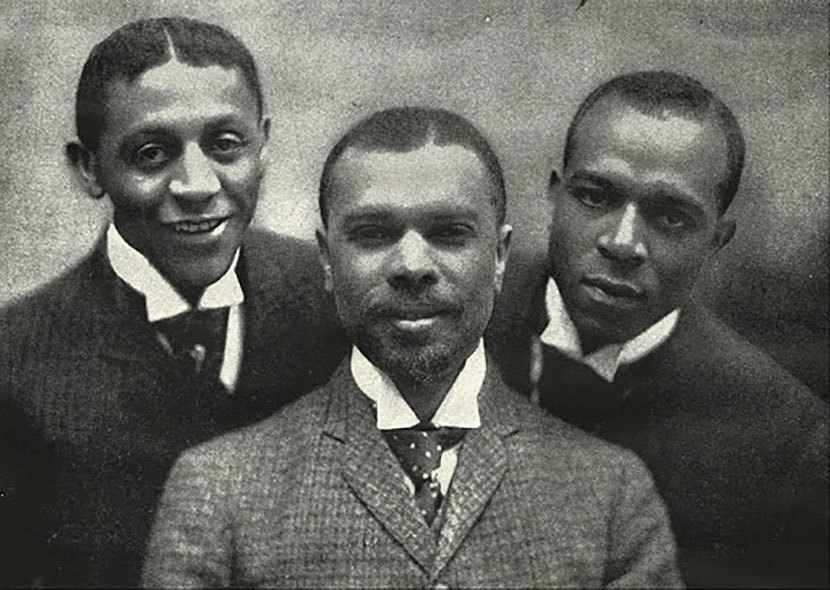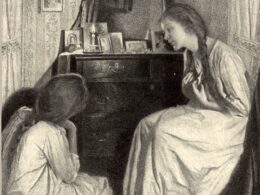James Weldon Johnson (1871–1938)
From James Weldon Johnson: Writings

Today, June 17, is the 150th anniversary of the birth of James Weldon Johnson.
Johnson is perhaps most famous today as the lyricist who gave us the hymn “Lift Every Voice and Sing,” sometimes referred to as the “Black national anthem.” A close second for his claim to fame is his only novel, The Autobiography of an Ex-Colored Man, which is considered by many critics to be the first modern African American novel and a major inspiration for Harlem Renaissance writers.
But consider some of his other accomplishments:
• A lawyer who was the first African American from his county—and perhaps the state—to pass the Florida bar exam.• An educator who became the president of the Florida State Teachers Association (an organization for Black teachers).
• A songwriter who, with his brother Rosamond and a friend, Bob Cole, wrote several dozen popular songs, many of which ended up being incorporated in Broadway musicals in the early 1900s; two of which were used for the 1904 Theodore Roosevelt campaign, and one of which, “Under the Bamboo Tree,” became a huge national hit in 1902 and was later performed by Judy Garland and Margaret O’Brien in Meet Me in St. Louis.
• A diplomat who was the U. S. Consul in Venezuela (1906–1909) and then in war-torn Nicaragua (1909–1912).
• A journalist who supervised the editorial page of The New York Age, for which he wrote a daily column for more than ten years.
• An activist who, as the NAACP field secretary, increased the number of branches from 68 to 310 and the membership from 900 to nearly 100,000, and who eleven years after the organization’s founding became its first African American executive secretary.
To commemorate Johnson’s sesquicentennial, we present as our Story of the Week selection both an introduction about the incidents in his life that partially inspired The Autobiography of an Ex-Colored Man and his New York Age editorial discussing the critical reaction to the novel after some readers mistook it for a real memoir and others found its premise impossible even as fiction.



